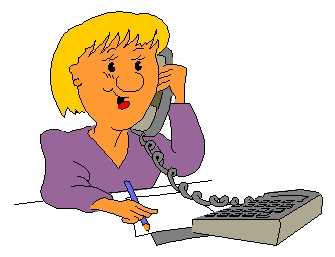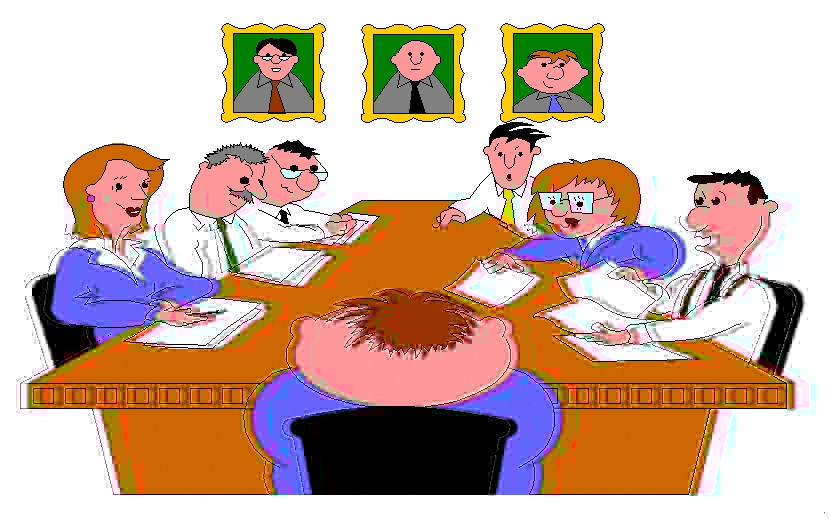Table of Contents
Personen, Rollen, Zielsetzung (ein Beispiel)
Reported speech - changes
Reported Speech: Indirekte Rede:
Ablaufdiagramm
|
Table of Contents |
Reported Speech: Indirekte Rede Ausgangssituationen Personen, Rollen, Zielsetzung (ein Beispiel) |
HOME |
back to
Reported speech - changes |
go on to
Reported Speech: Indirekte Rede: Ablaufdiagramm |
|
* Es muß ablesbar sein, 1. wer mit wem, 2. in welcher Situation (Kontext, setting), 3. als was (Rolle), 4. über was, 5. in welcher Absicht (z.B. widersprechen, überzeugen), 6. zu welchem allgemeinen Zweck (z.B. Information, Aufklärung, Erläuterung, Interpretation), 7. mit welchen sprachlichen Mitteln (Syntax, Lexis, Äußerungsmuster, Klangformen), 8. auf Grund welcher Einsichten in Sach- und Sprachzusammenhänge, 9. auf welchen Wahrnehmungskanälen, 10. durch welche Lernschritte und Arbeitsformen die Schüler mit Hilfe der gelernten bzw. zu lernenden Sprachmittel kommunizieren bzw. korrespondieren.
Persons
| My name is
Caroline Miller. I'm Mr Bossy's secretary. He likes having me around him in conferences and meetings. Mum is a bit jealous of me because she must stay in the office at the receptionst's desk |
 |
 |
I'm Ester Miller. I've been working
for
Mr Bossy for 25 years. In former times he took me out to meetings. But today he prefers taking out my daughter Caroline for his "working lunches". He is so unfair. |
 |
I'm Tom Bossy and the managing director
of Communication Enterprises, Bristol. I've got two excellent secretaries,
Ms Caroline
and Mrs Ester Miller. Ms Caroline is good at languages; so I like to take her to international conferences and meetings. Mrs Miller puts her heart and soul into her job and looks after me in the office when work seems to swallow me up. |
Place: in front of Mr Bossy's and Ms Miller's office
Time: 4:04:41 pm, 18th October 2005
Contents:
Mr Bossy talks to his secretary Ms Miller about a meeting of 11 persons
and their working lunch
that will take place at the George Hotel at 2 the next day.
Intentions:
Mr Bossy praises his secretary for good work, wants her to come to
and the working lunch, needs a table for 11 at 2 o'clock at the George
Hotel,
purposes: Ms Miller is to ask Mrs Miller to order this table and ends the conversation. Ms Miller agrees.
Attitudes and moods:
| Ms Carline Miller | Mrs Ester Miller | Mr Bossy: |
| polite
flirting bossy happy restraint clumsy cross reserved shy self-confident joyful strict unhappy |
Mrs Miller:
jealous polite flirting bossy happy restraint clumsy cross reserved shy self-confident joyful strict |
polite
flirting bossy happy restraint clumsy cross reserved shy self-confident joyful strict businesslike |
2. Problemstellung, Aufgabe:
One day there was a problem at the office:
This is the conversation between Caroline
and Mr Bossy at the end of the working hours on Monday:
 |
Mr Bossy
Ms Miller Mr Bossy Ms Miller Mr Bossy
Ms Miller |
You were excellent yesterday evening.
You are the best secretary I've ever had. Come to a working lunch tomorrow. O.K., Mr Bossy It'll be at 2. That'll be all right, Mr Bossy. Thank you, Ms Miller. Please tell your mum
O.K. Good bye, Mr Bossy. |
| Find out the different kinds of saying
in this conversation Find different verbs of reporting that fit these kinds of saying Find the different tenses of the verbs Find the different dates and adverbials of time Find the different places mentioned in the text Write everything in your list: Worksheet 1 |
Find out the different kinds of
saying
in this conversation Find different verbs of reporting that fit these kinds of saying Find the diffent tenses of the verbs Find the different dates and adverbials of time Find the different places mentioned in the text The teacher writes everything on the board |
![]()
This is the conversation between
Caroline and her mother on Tuesday morning:

O.K. I'll order the table. |
Think of what Mr Bossy said yesterday evening: |
 |
This is Mrs Miller's telephone call
later on Tuesday morning:
 |
Is this the George Hotel? Good.
This is Mr Bossy's office, Mrs Miller speaking. I want to order a table for two at 11 o'clock. Yes, for Mr Bossy. Thank you. Good bye. |
On Friday Communication Enterprises had their weekly meeting at Mr Bossy's office. Mr Bossy wanted to make clear what had happened on Tuesday at lunchtime at the George Hotel where he had found a table for two with candlelight instead of a table for 11 at 2 for a working lunch. Mrs Miller told what Caroline had told her and what she had ordered to the George Hotel and Caroline contradicted and repeated what she had actually said to her mother.

| Mrs Ester Miller:
Caroline told me shortly after nine on
Tuesday morning that you praised her that she had been excellent the night
before. She was the best secretary you had ever had. You asked her if she
would come to lunch to the George Hotel at 11 on Tuesday and begged her
to tell me to order a table for two there.
|
Ms Caroline Miller:
I said to her that you had told me
|
|
Table of Contents |
Reported Speech: Indirekte Rede Ausgangssituationen Personen, Rollen, Zielsetzung (ein Beispiel) |
HOME |
back to
Reported speech - changes |
go on to
Reported Speech: Indirekte Rede: Ablaufdiagramm |
|